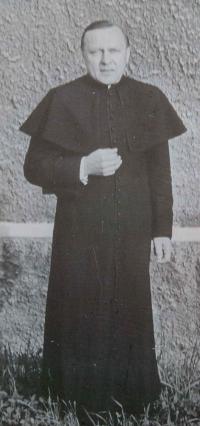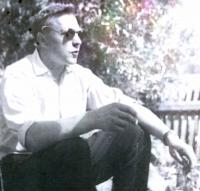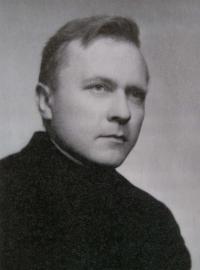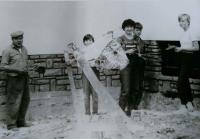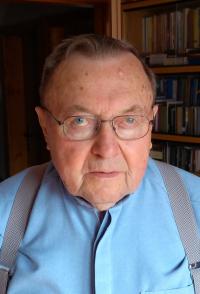All, where God is missing, turns against a man in the end

Stáhnout obrázek
Štefan Koma was born on April 30, 1929 and comes from the village of Černová near Ružomberok. Since his very young age he inclined to spiritual vocation, what led him after graduation at the Grammar School of Andrej Hlinka in Ružomberok, to study at the Theological Seminary in Spišská Kapitula. As a result of the state intervention against churches, he had to interrupt his study in 1950. In September 1950, he had to enlist in the basic military service, where due to his past, he was assigned to the correctional units of the PTP (Auxiliary Technical Battalions). Here he spent more than three years doing difficult manual construction works for military and civilian projects. After the military service, he worked within several civilian jobs for the state-owned company Stavoindustria and a water-management enterprise Stredoslovenské stavby (Central Slovakian Construction Works). During the political loosening of the 1960s, he succeeded in enrolling at the Faculty of Roman Catholic Theology of Cyril and Methodius at the Comenius University in Bratislava, and after many years of difficulties and struggling, in 1970 he managed to graduate. Later, he worked as a chaplain in the village of Bobrovec, from 1971 in Námestovo and in 1974 he became a parish priest in the village of Liesek, where he lives today. Throughout the period of communist regime, as a so-called „reactionary element“, he was being monitored by the State Security authorities.
